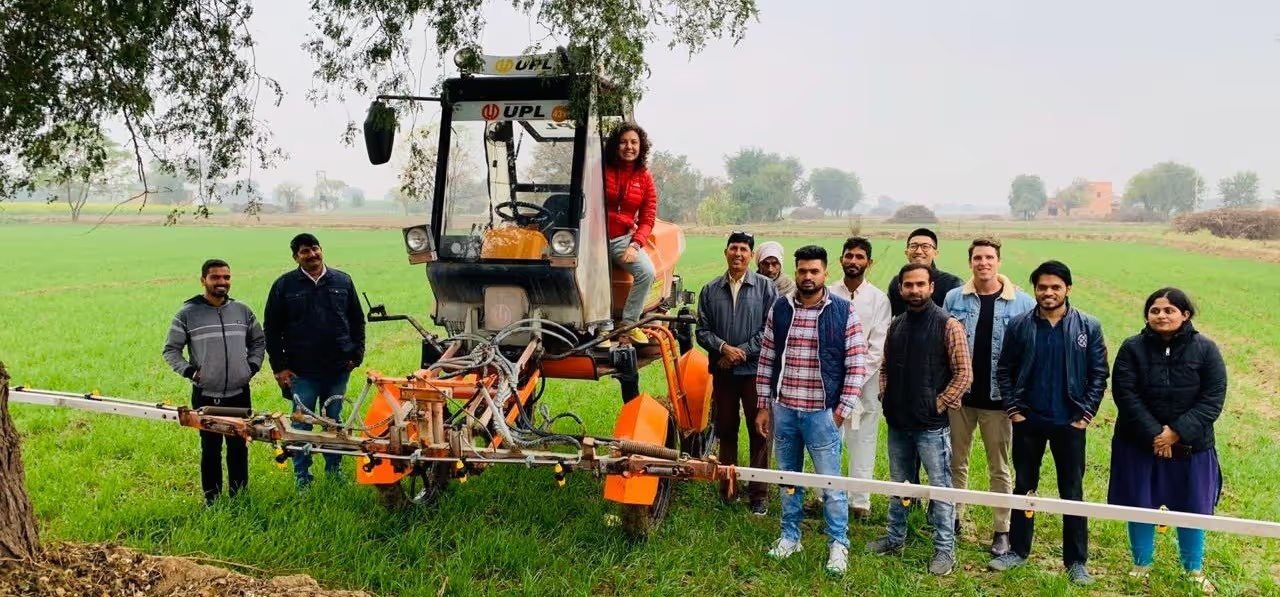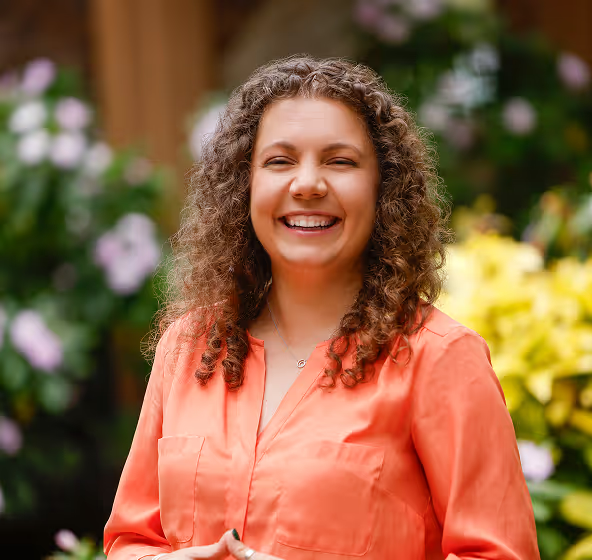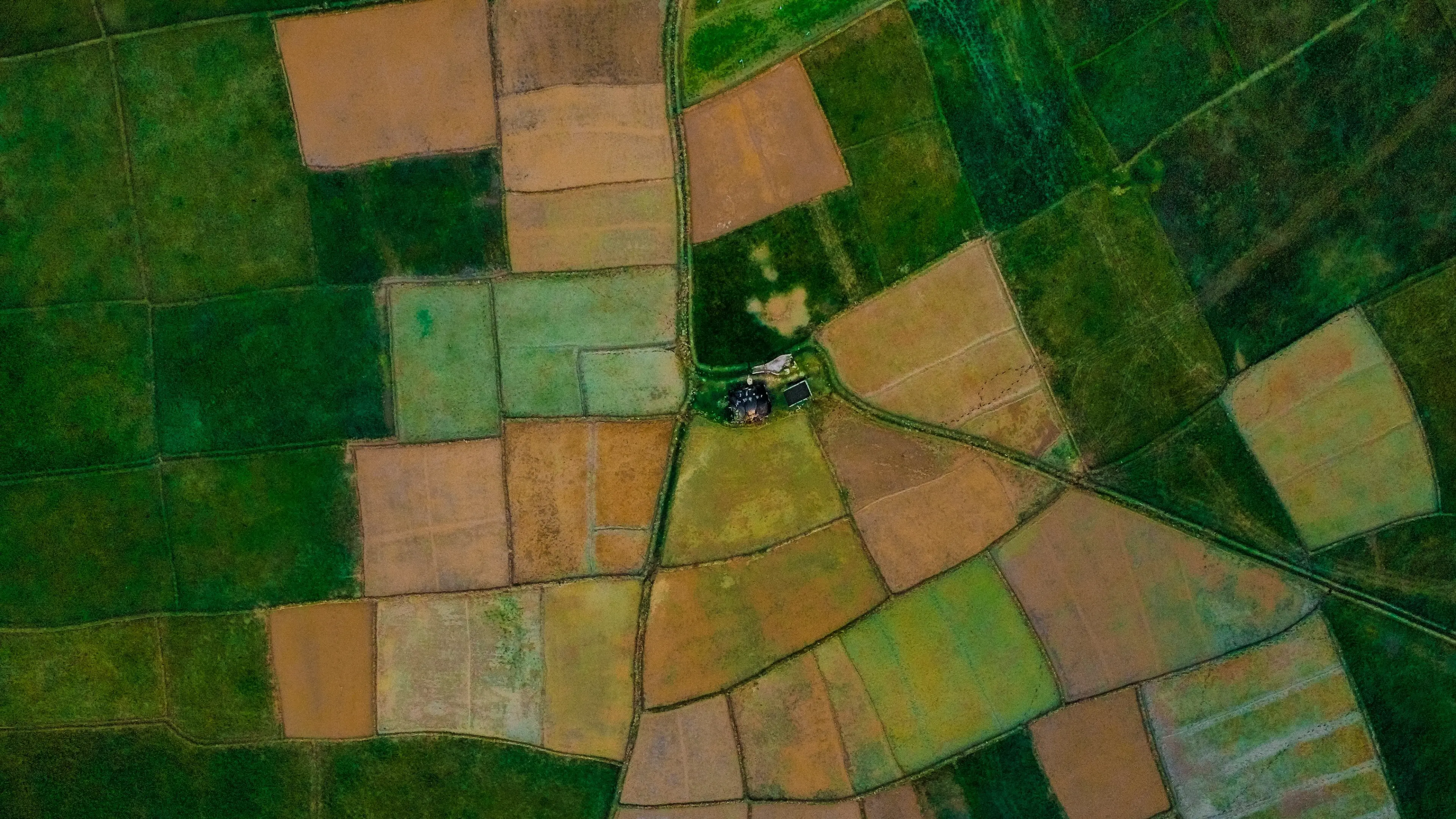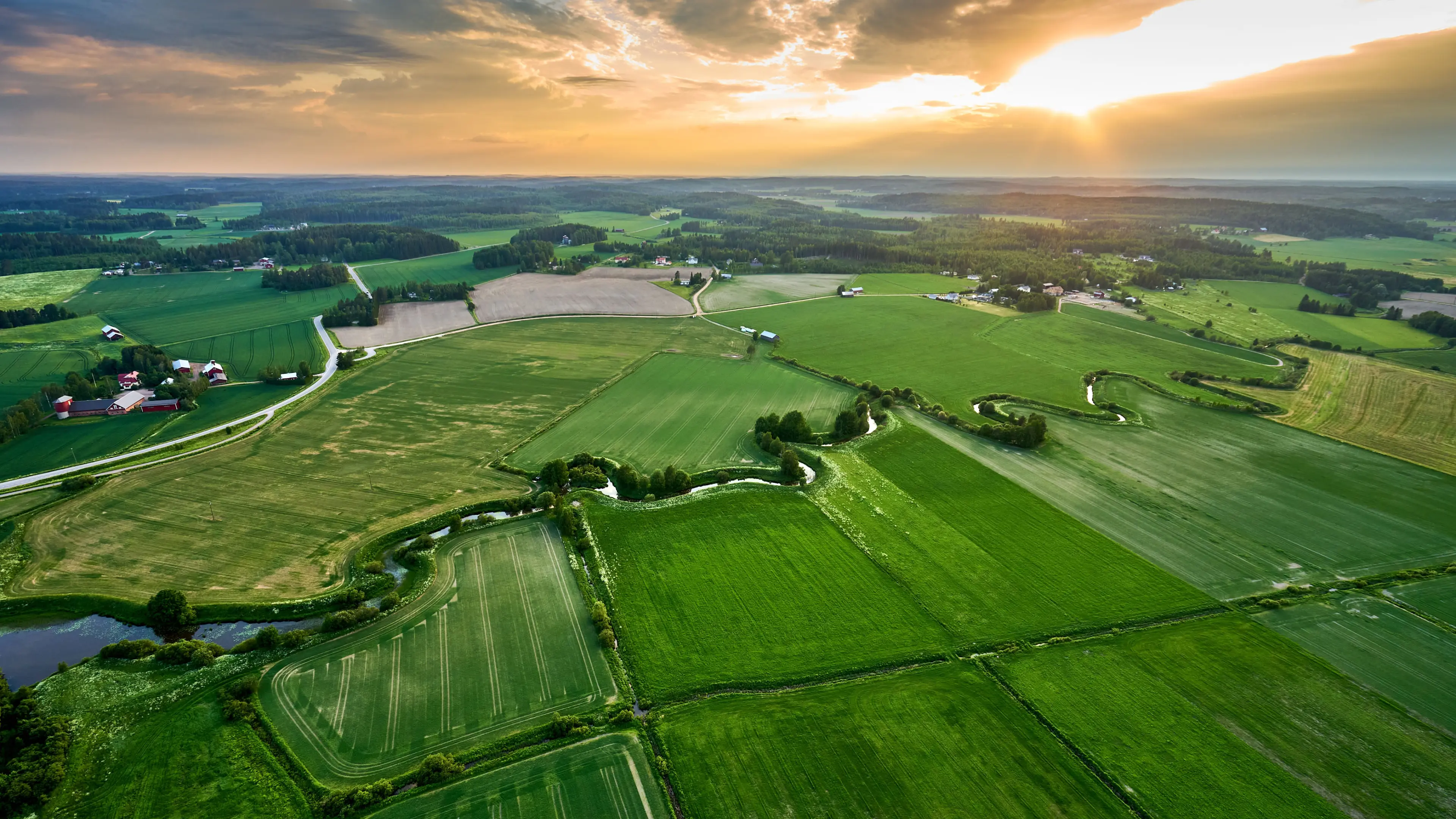Agtech mission is universal.
It cuts across not just borders but dividing lines of socioeconomic status, and tradition, penetrating the minds of individuals from one corner of the world to another. Even if we think there is nothing in common between our situations. Globally agtech has the same goals - increasing farmer profits, reducing wastages of inputs. Agricultural input/machinery companies, which prioritise the profit of the farmer, give their employees an easy "rule of thumb" to guide decisions. When making one they are accustomed to asking themselves "Will this make the farmer more profitable?". At FluroSat our vision is to make agronomists, who are making decisions for farmers, more efficient. That's our rule of thumb. Complimentary to theirs.
Great ideas are universal.
When looking for solutions to these global problems, it turns out that everyone shares the same toolbox. With more or less data captured at each step of production, the palette of data in agtech remains universal. Given that the goals and the same and the inputs are fairly universal, experts often come to the same conclusions and try similar solutions. For example, every country considers its soil and climate variability to be unique, yet it is known that there are similar temporal and rainfall zones on different continents, which allows us to draw comparisons, and build universal systems/models to analyse the heterogeneous data.
In practice, the different soil types, climatic conditions and crop management practices mean that there is a need for global solutions (models and algorithms) that can take into account this variability. At FluroSat we have an approach of combining established scientific crop modeling with remote/in-field sensing to provide local and relevant analysis. This idea has been met with great support by digital and agronomic teams in numerous agribusinesses. Often these synergies lead to partnerships around local model/algorithm validation and help us enter the market with a localised product ensuring its acceptance.
Scale is universal.
Agriculture is the industry tasked with feeding our growing population. There is no limit on the food requirements in the foreseeable future. We simply have to produce more with less.
Feeding the growing population means using every acre of arable land in the most optimal way. From smallholder farmers in India and Côte d'Ivoire to the American and Australian ranches of the size of a small European country - every acre. At the first glance, the difference in the size of individual landholding makes us think that the scale is an issue only in developed countries, where agronomists look after a few (or many!) very large properties. If we broaden the term "scale", it will become obvious that the "scale challenge" of the developing countries stems from the need for a few skilled agronomists to look after a very large number of farmers (instead of # acres). So the challenge of scaling knowledge, and best practices, often implemented and distributed by agronomists, is universal too!
Better together.
There might be many differences between the agtech needs in developed vs developing countries, such as the scale of operations, available financing, and supply chain structure to name a few. What is important, however, is that similarities that exist alongside these differences are strong enough to unite the industry in the development of new solutions, sharing the knowledge and learning at a much higher rate than ever before.
#global #agtech #unite



